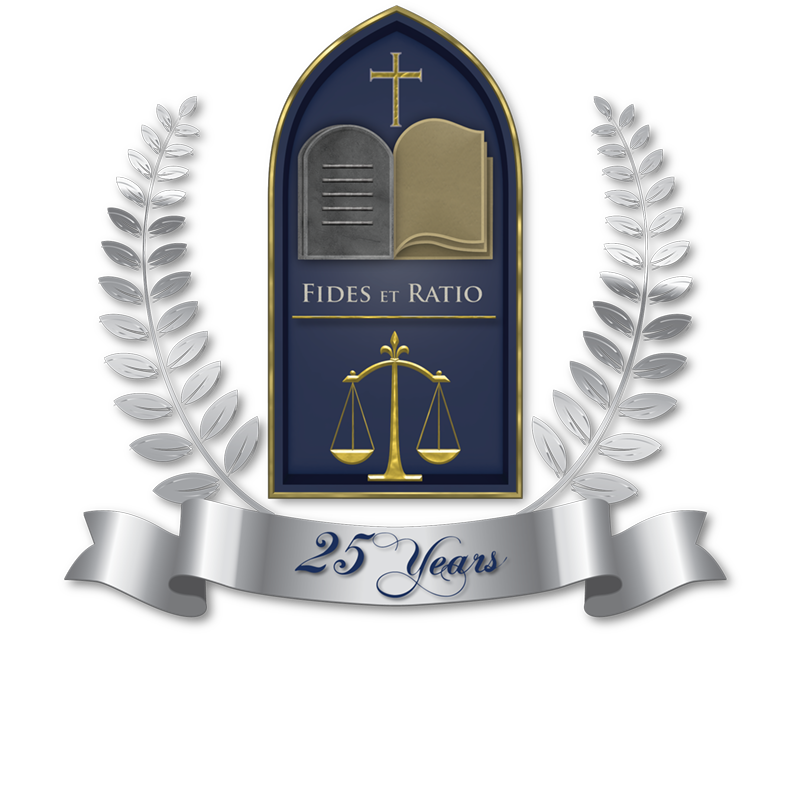Who wants an assembly line judge?

By: Robert DeVito
Smith Business Law Fellow J.D. Candidate, Class of 2025
Litigation poses numerous challenges for attorneys and their clients, from court backlogs and overloaded dockets to escalating costs. When time is scarce and finances are tight, frustration can run high. While arbitration is an alternative, it’s costly and lacks the strategic options available in traditional litigation. Are these the only choices for disputing parties? Fortunately, a lesser-known but burgeoning solution exists in Florida Statute 44.104.
Florida Statute 44.104 offers parties in civil disputes a unique resolution option: the selection of a voluntary trial resolution judge to replace the Circuit judge[1]. This approach blends elements of a bench trial and arbitration, giving rise to “private judging.”[2] The benefits are multiple: swift resolution to motions, no calendar calls as each case is specially set for trial, and judges with specialized expertise.[3] Essentially, 44.104 allows concierge judging.
Private judging covers a wide spectrum of civil cases, with a few exceptions, such as constitutional issues and custody disputes.[4] The process is straightforward: mutual agreement is required to transfer the case to a private judge.[5] Once a joint motion is filed, the Circuit Court has no discretion and must grant it.[6] The clerk can even appoint a private judge if the parties cannot agree on one.[7] Furthermore, the clerk is required to supply a jury if needed.[8] While there’s a cost involved for the parties to pay the judge, it is typically lower than a three-member arbitration panel.[9] Any person who is a member of the Florida Bar for five or more years qualifies to become a private judge.[10]
Unlike arbitration, parties using a private judge can still leverage the Florida Rules of Civil Procedure. This critical distinction grants them more control over the process. The private judge has statutory authority to issue subpoenas if needed.[11] The private judge writes and submits a judgment to the Circuit judge who enforces the judgment.[12] The Circuit judge has no discretion to overrule but appeals to district court of appeals are allowed for findings of law.[13]
While private judging may sound like the wave of the future, practitioners do have their reservations. A private judge has no power to sanction or hold someone in contempt, so some feel as if they have no power to protect the jury. There seems to be a consensus among private judges that they prefer the statute to be used when juries are not necessary.[14]
Private judging shines brightest in business and commercial law, especially for large corporations. In fast-paced corporate environments, slowness kills deals, making specialized private judges a valuable resource for those who can afford it. 44.104 offers a forward-thinking solution to the challenges and shortcomings of litigation, mediation, and arbitration.
[1] The Honorable Alan Fine (Retired), Lecture at ACC South Florida’s 13th Annual CLE Conference: Private Judging (Sept. 29, 2023).
[2] Id.
[3] Id.
[4] Fla. Stat. §44.104 (2023)
[5] Id.
[6] Id.
[7] The Honorable Alan Fine (Retired), Lecture at ACC South Florida’s 13th Annual CLE Conference: Private Judging (Sept. 29, 2023).
[8] Id.
[9] Id.
[10] Fla. Stat. §44.104 (2023)
[11] Id.
[12] Id.
[13] Id.
[14] The Honorable Alan Fine (Retired), Lecture at ACC South Florida’s 13th Annual CLE Conference: Private Judging (Sept. 29, 2023).




